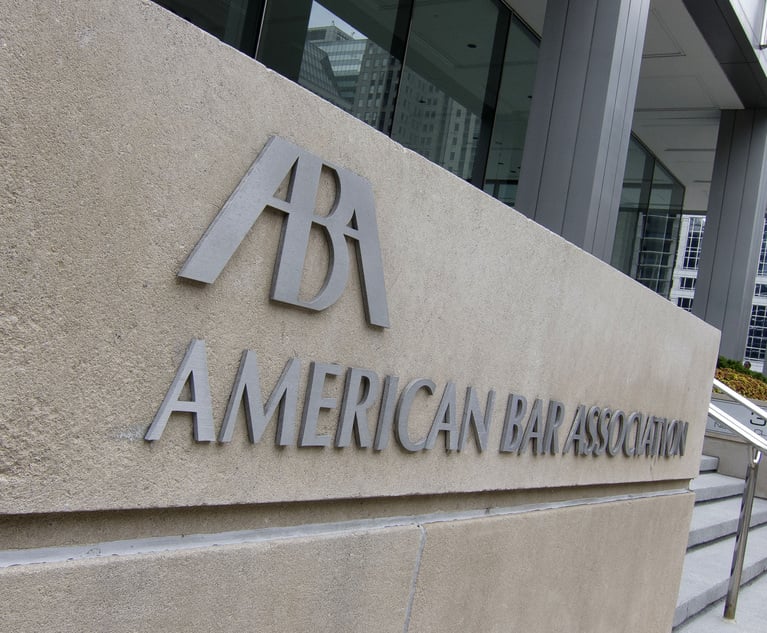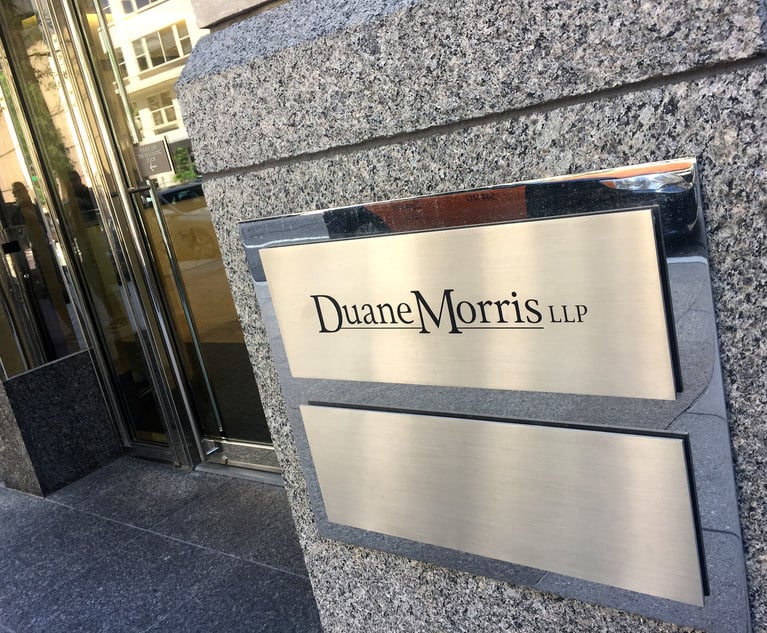Welcome back to Ahead of the Curve. I’m Karen Sloan, legal education editor at Law.com, and I’ll be your host for this weekly look at innovation and notable developments in legal education.
This week, I’m looking at Harvard Law School’s new Zero-L program, which gives incoming students a sneak peek at what’s on their horizon. Next, I’m checking in on the latest bar exam statistics from the American Bar Association to see how the Class of 2016 fared two years after graduating. Read on!









